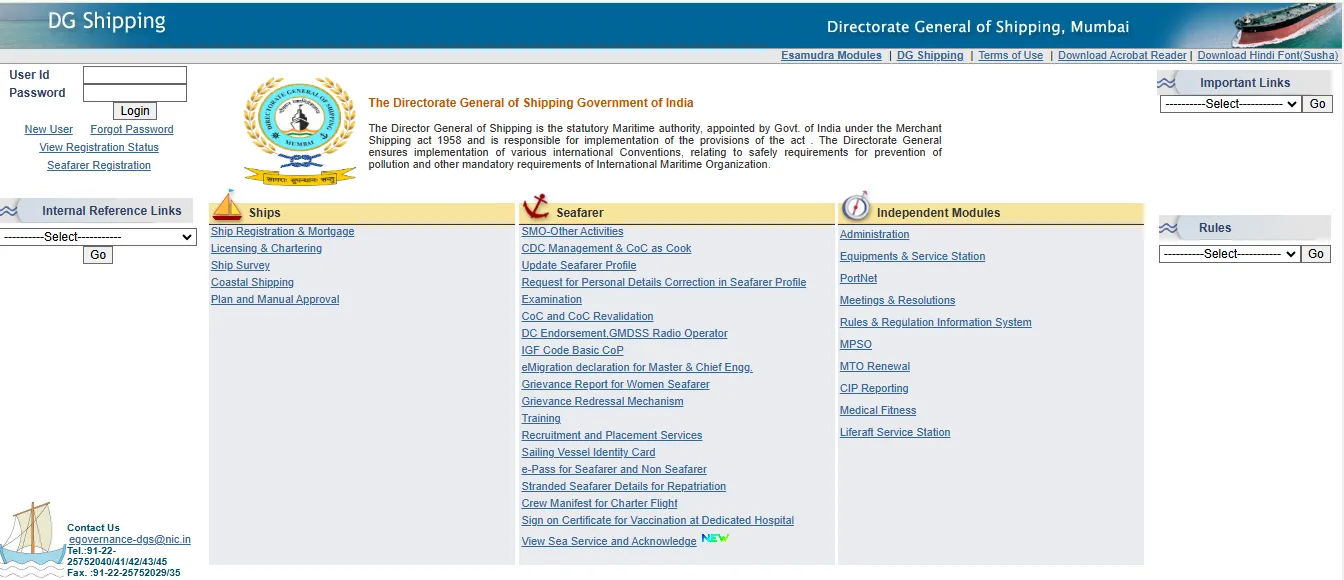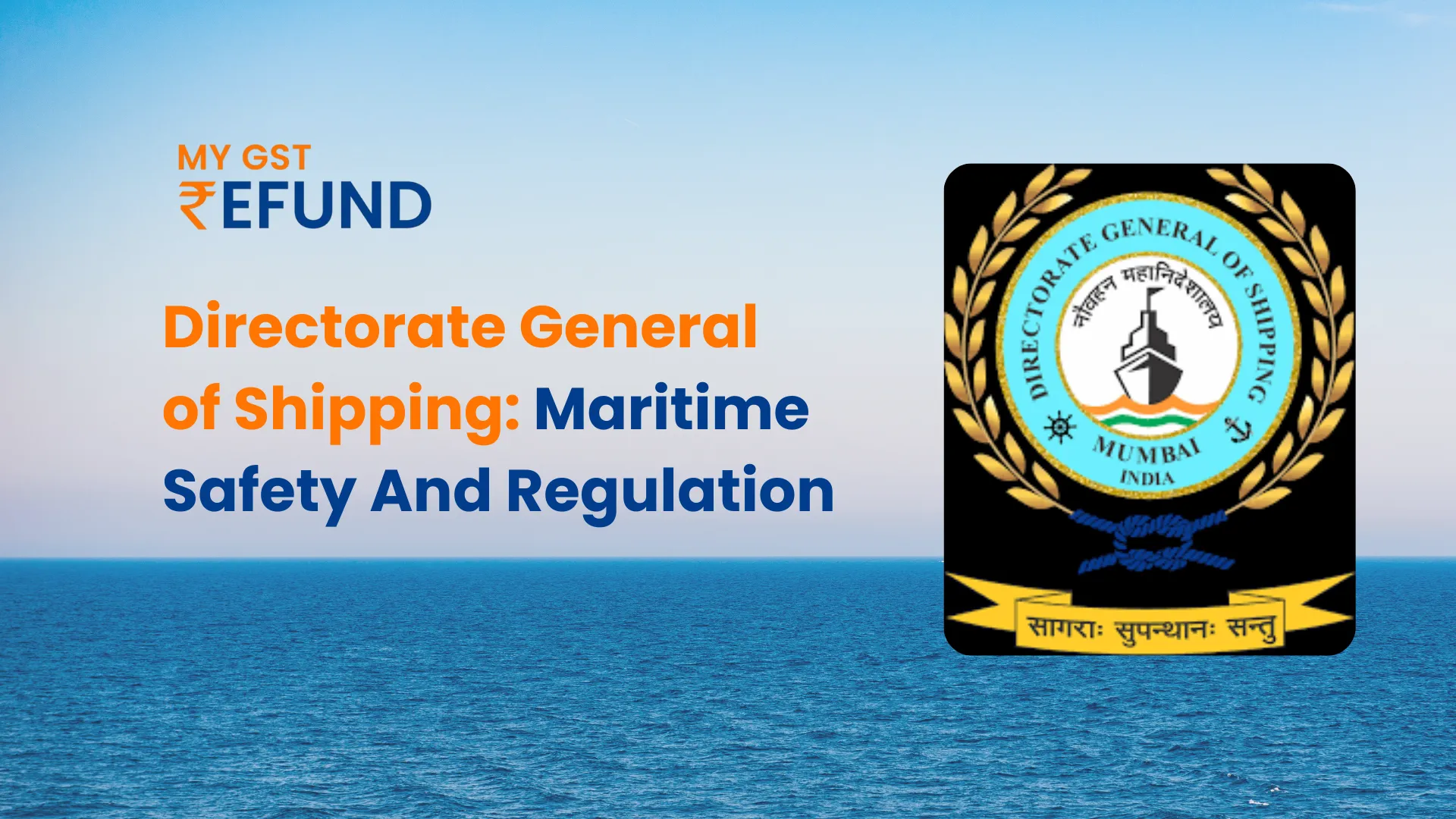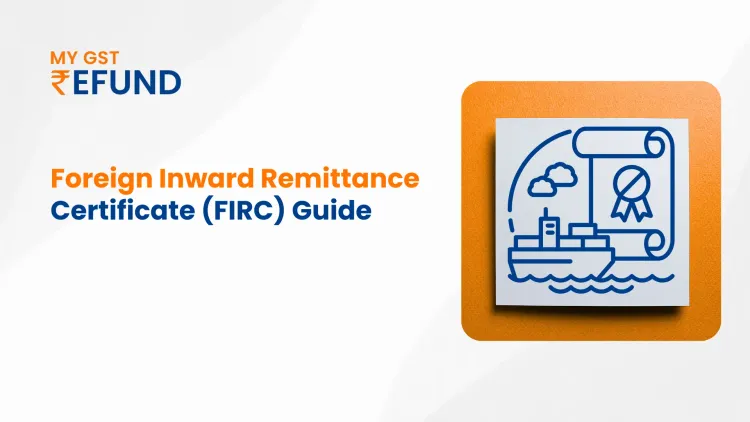Directorate General of Shipping
The Directorate General of Shipping (DGS) is the highest regulatory authority overseeing the Indian maritime sector.Operating under the Ministry of Ports, Shipping, and Waterways, the DGS is responsible for implementing various rules and regulations to ensure the safety, security, and efficiency of maritime transport in India. It plays a crucial role in promoting sustainable maritime development while ensuring compliance with international maritime laws.
History and Establishment
The Directorate General of Shipping was established in 1949 to regulate and develop the Indian shipping industry. Over the years, it has evolved to incorporate various national and international regulations governing maritime activities, ensuring India's compliance with global shipping standards. The headquarters of the DGS is located in Mumbai, Maharashtra.
Functions and Responsibilities
The DGS has a broad range of responsibilities aimed at regulating maritime activities and promoting safety and efficiency in the shipping industry. These include:

1. Regulation of Shipping Industry
- Registration and certification of Indian ships.
- Licensing and control of shipping services.
- Development of policies to promote the growth of the maritime industry.
2. Maritime Safety and Security
- Implementing International Maritime Organization (IMO) conventions.
- Ensuring the seaworthiness of Indian vessels.
- Conducting inspections, audits, and accident investigations.
3. Seafarer Welfare and Training
- Overseeing maritime education and training institutes.
- Issuing certifications and competency licenses for seafarers.
- Ensuring the welfare of seafarers through labor laws and agreements.
4. Implementation of International Conventions
- Adhering to IMO regulations such as the SOLAS (Safety of Life at Sea) Convention, MARPOL (Marine Pollution Prevention) Convention, and STCW (Standards of Training, Certification, and Watchkeeping for Seafarers) Convention.
- Ensuring India’s compliance with international maritime safety and environmental standards.
5. Ship Registration and Survey
- Maintaining records of Indian-flagged vessels.
- Conducting safety surveys and issuing mandatory certificates.
Organizational Structure
The Directorate General of Shipping is headed by the Director General of Shipping, who is supported by various departments specializing in different aspects of maritime administration. These departments include:
- Maritime Safety Wing: Oversees vessel inspections and safety compliance.
- Seafarers’ Affairs Wing: handles training, certification, and welfare of seafarers.
- Ship Registration and Survey Wing: Maintains vessel records and conducts surveys.
- Legal and International Affairs Wing: It ensures compliance with international maritime laws.
Key Regulations and Acts
The DGS enforces several acts and regulations to ensure smooth operations in the shipping industry. Some of the key regulations include:
- The Merchant Shipping Act, 1958: Governs maritime trade, ship registration, and seafarer employment.
- The Indian Ports Act, 1908 : It regulates port operations and administration.
- The Coasting Vessels Act, 1838 : Deals with coastal shipping regulations.
Digital Initiatives
To modernize the Indian maritime sector, the DGS has launched several digital initiatives, including:
- e-Governance Portal: A digital platform for ship registration, certification, and other maritime services.
- Online Examination System for Seafarers : A streamlined process for competency examinations.
- Tracking Systems for Indian Ships: Enhancing maritime security and transparency.
Challenges and Future Prospects
Despite its robust regulatory framework, the DGS faces several challenges, such as:
- Environmental Concerns: Managing marine pollution and ensuring compliance with MARPOL regulations.
- Piracy and Maritime Security: Strengthening security measures to combat threats in international waters.
- Technological Advancements: Adopting automation and digitalization in maritime operations.
Conclusion
The Directorate General of Shipping is a pivotal institution that ensures the smooth functioning of India's maritime industry. By implementing stringent regulations, promoting seafarer welfare, and adopting digital reforms, the DGS is enhancing India’s standing in the global shipping industry. Moving forward, its focus on environmental sustainability, security, and technological advancement will be crucial in shaping the future of maritime trade in India.
Also Read : Directorate General of Foreign Trade (DGFT)
Related Posts








